Kwanzaa: The History and Choice to Celebrate
African American culture is generally celebrated during February, considering it’s been deemed “Black History Month,” but black culture could, and should be celebrated every month.
Dr. Maulana Karenga, professor and chairman of Black Studies at California State University, Long Beach, created Kwanzaa in 1966 after the Watts riots in Los Angeles (Widespread protests, rioting, assault, looting, and arson on the Los Angeles area to end mistreatment by the police and to end discrimination in housing, employment, and schooling systems resulting in 4,000 arrested, 34 deaths, and 1,032 injuries) according to The History Channel.
Dr. Karenga searched for ways to bring African Americans together as a community. He founded US, a cultural organization, and started to research African “first fruit” (harvest) celebrations. Karenga combined aspects of several different harvest celebrations, such as those of the Ashanti and Zulu, to form the basis of Kwanzaa. Kwanzaa is an African-American celebration of life, Kwanzaa 2021 in the United States will begin on Sunday, December 26 and end on Saturday, January 1, 2022.
Each family celebrates Kwanzaa in its own way, but celebrations include songs, dances, storytelling, African drums, poetry reading, and a large traditional meal. On each of the seven nights, the family gathers and a child lights one of the candles on the Kinara (candleholder), and then one of the seven principles is discussed.
The principles, called the Nguzo Saba (seven principles in Swahili) are values of African culture which contribute to building and reinforcing community among African Americans. Kwanzaa also has seven basic symbols which represent values and concepts reflective of African culture. An African feast, called a Karamu, is held on December 31. The candle lighting ceremony each night provides the opportunity to gather and discuss the meaning of Kwanzaa. The first night, the black candle in the center is lit and the principle of umoja or unity is discussed. One candle is lit each evening and the appropriate principle is discussed. The seven principles are, Unity “Umoja”, Self-determination “Kujichagulia” , Collective Work and Responsibility “Ujima”, Cooperative Economics “Ujamaa”, Purpose “Nia”, Creativity “Kuumba”, and Faith “Imani.”
I am a mixed raced man, and growing up I never celebrated Kwanzaa, but I was always interested in it. A black celebration about life and us as a community always made me want to celebrate it with my family. The Seven Principles of Unity, Self-determination, Collective Work and Responsibility, Cooperative Economics, Purpose, Creativity, and Faith are all celebrated and taught in my house along with me being taught to celebrate my blackness.

Jaylan Post, senior, is in his third year of Journalism and hopes to continue his important work as an editor and writer. He uses the class as a way to...


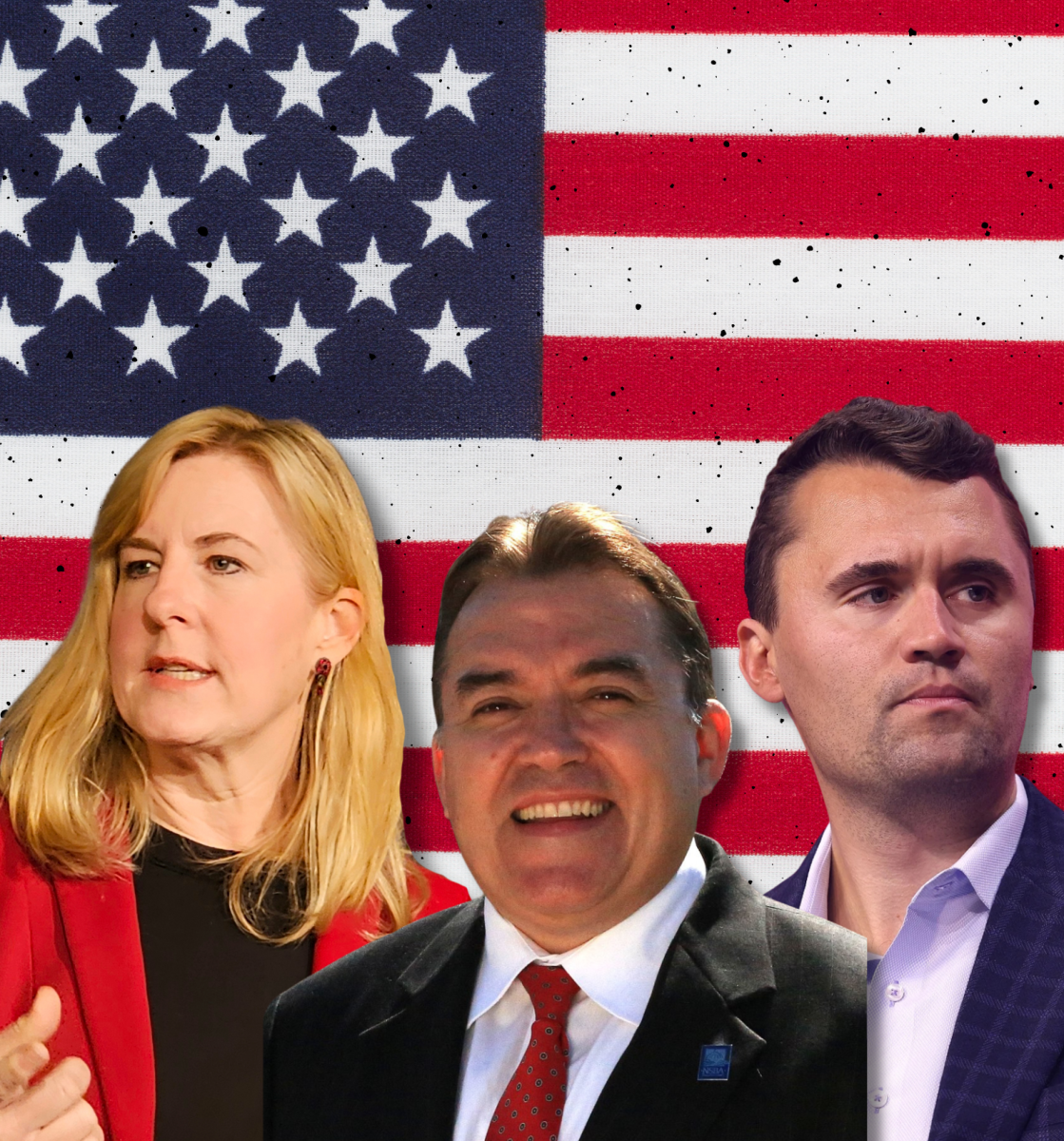







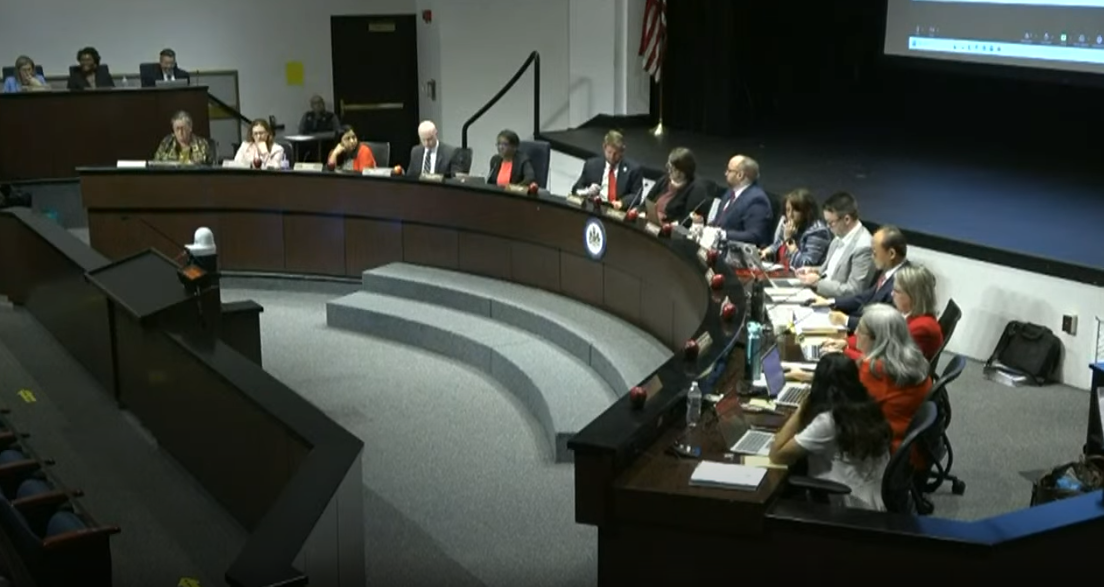
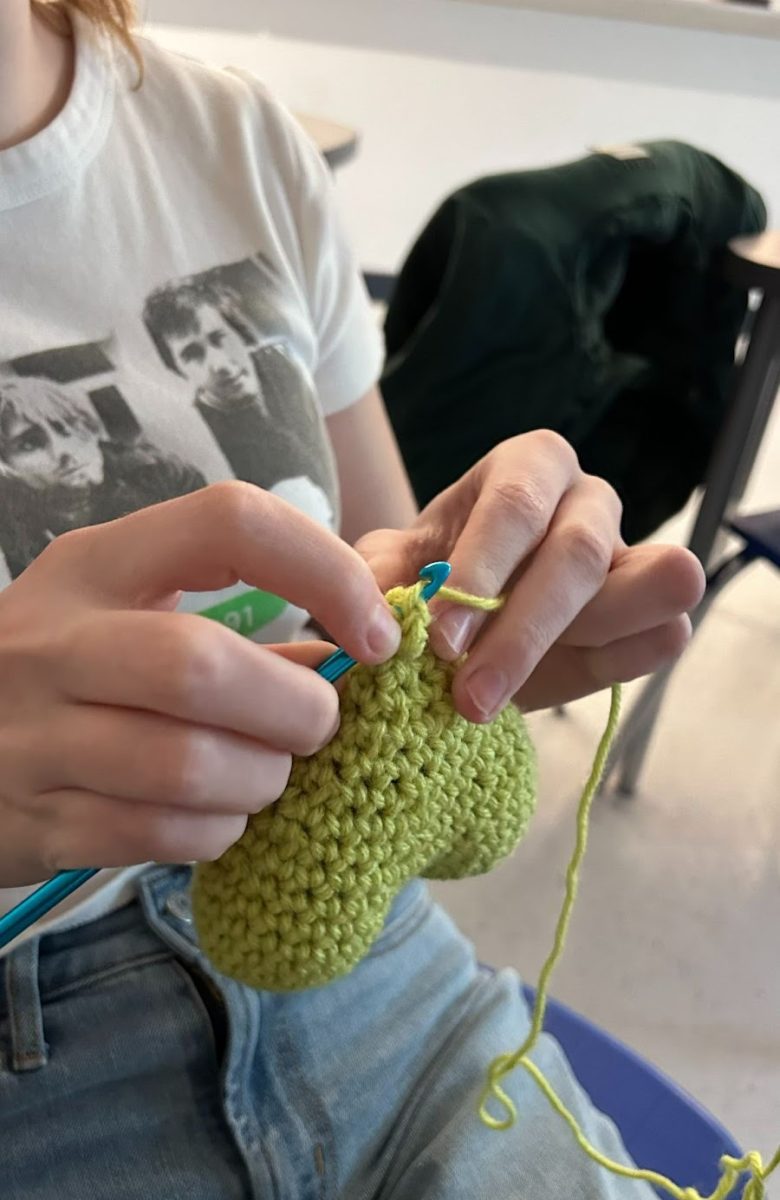











































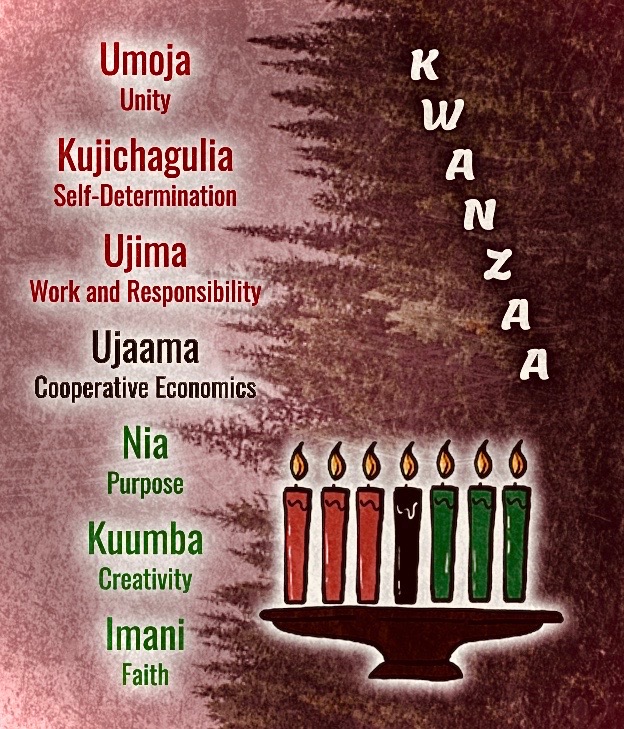
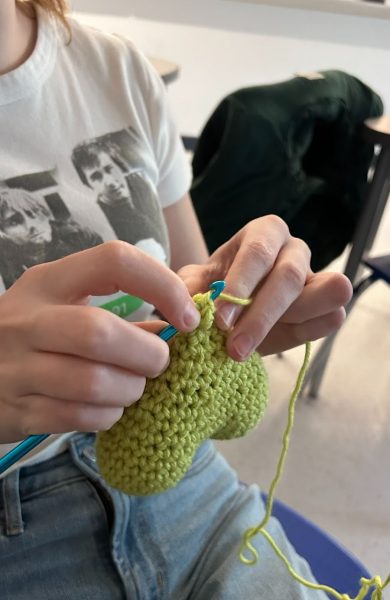
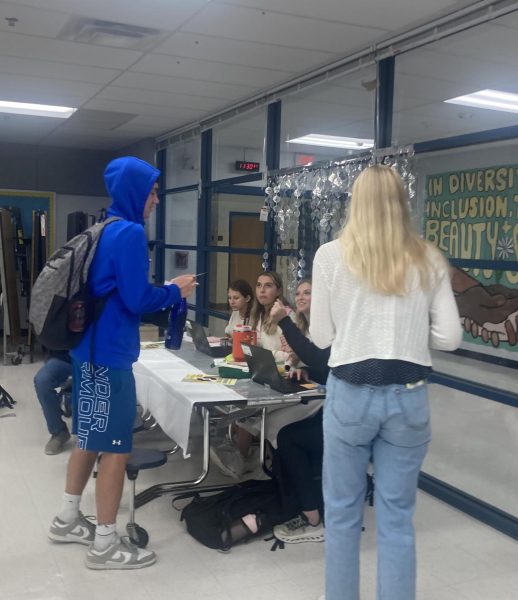


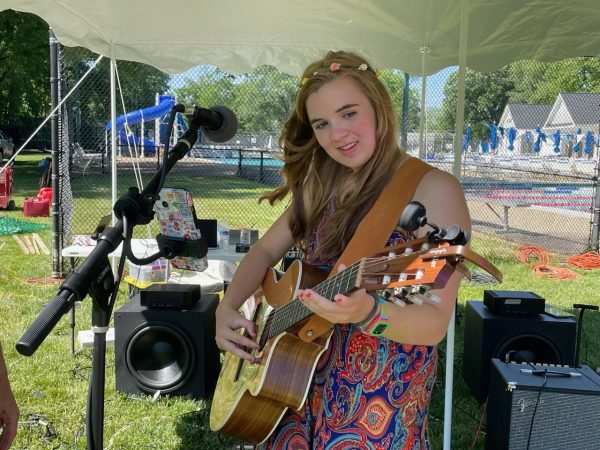
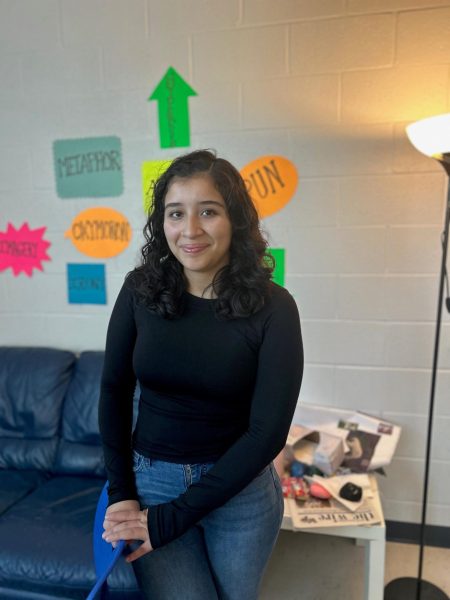

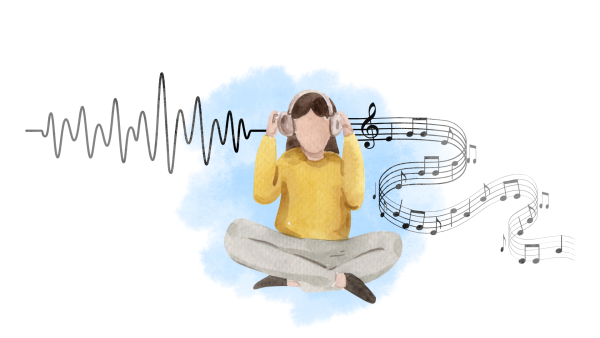
Bobbi Gillham • Apr 13, 2024 at 10:58 PM
We as people have many different cultures in our family. This one which is Kwanzaa is the first fruit. Unity. No matter who you are we all come from Africa America. Amen.